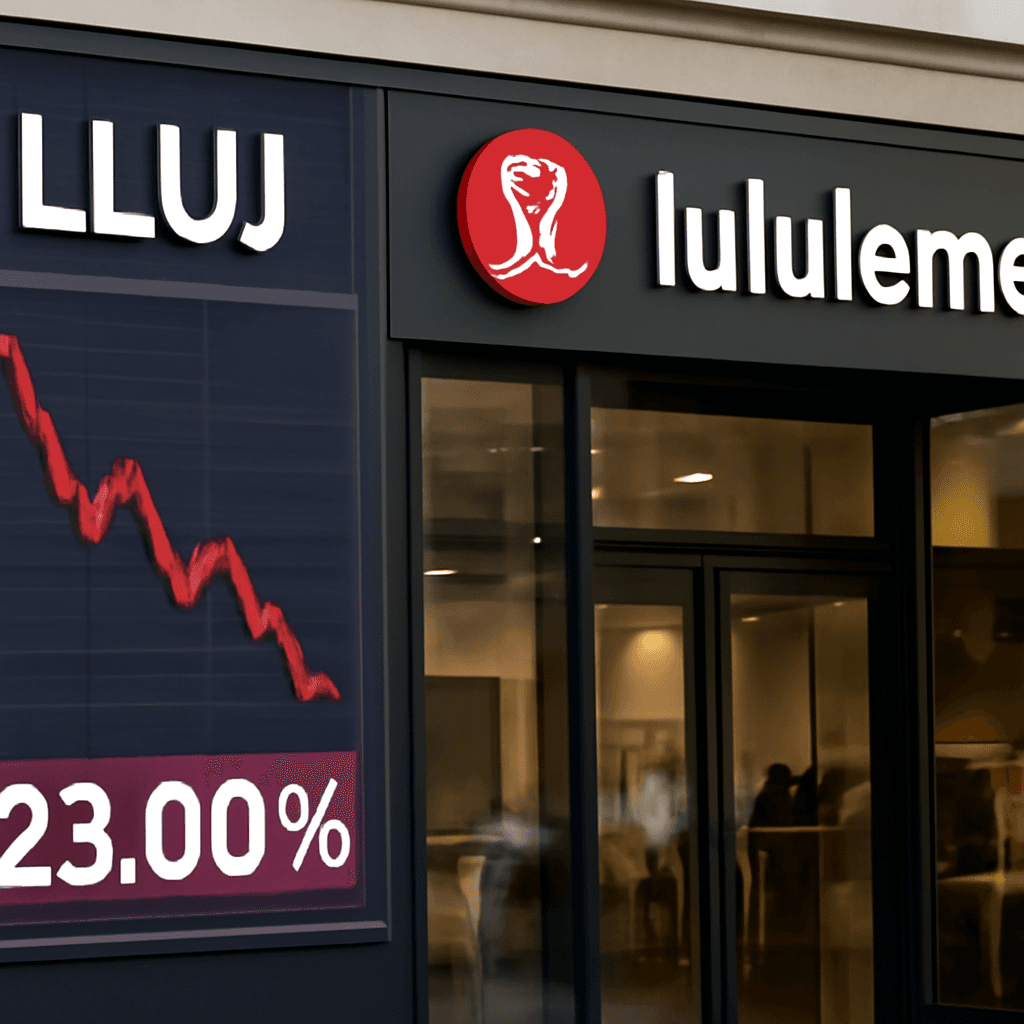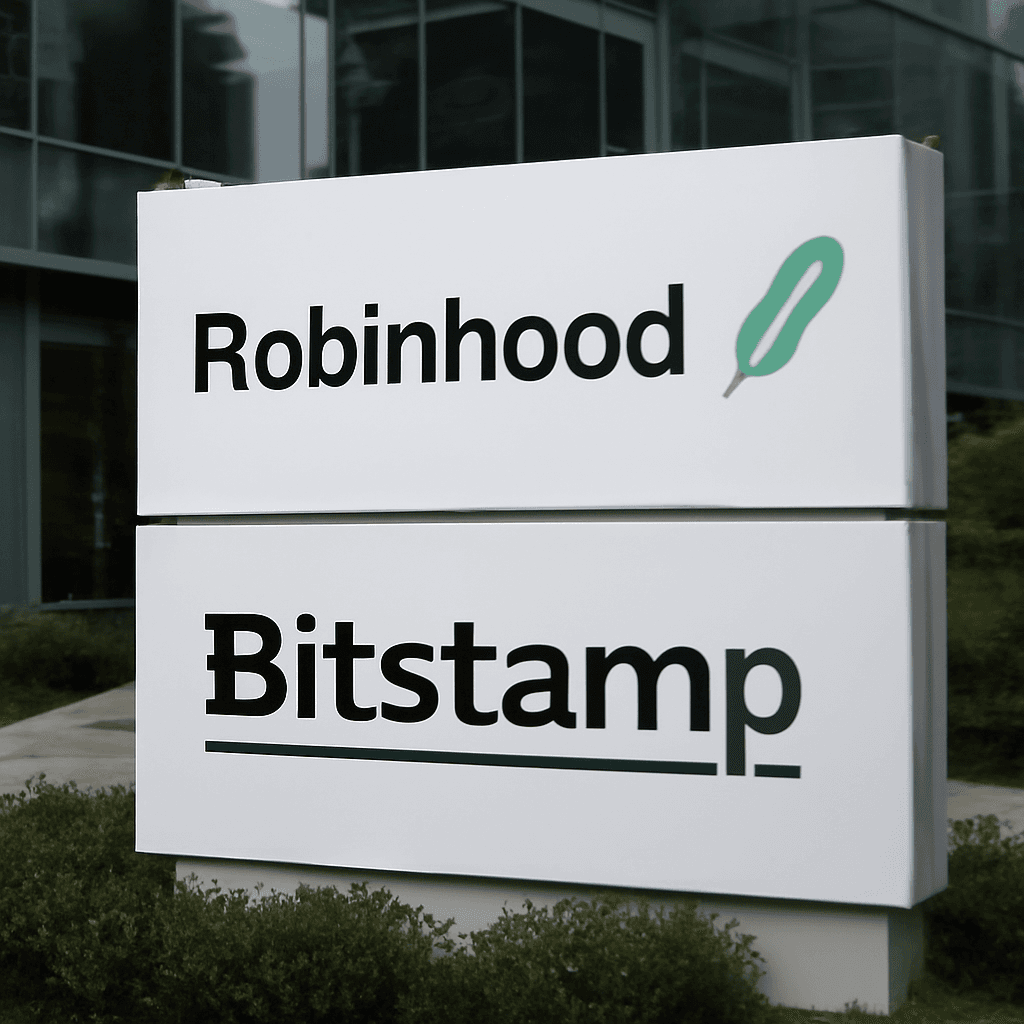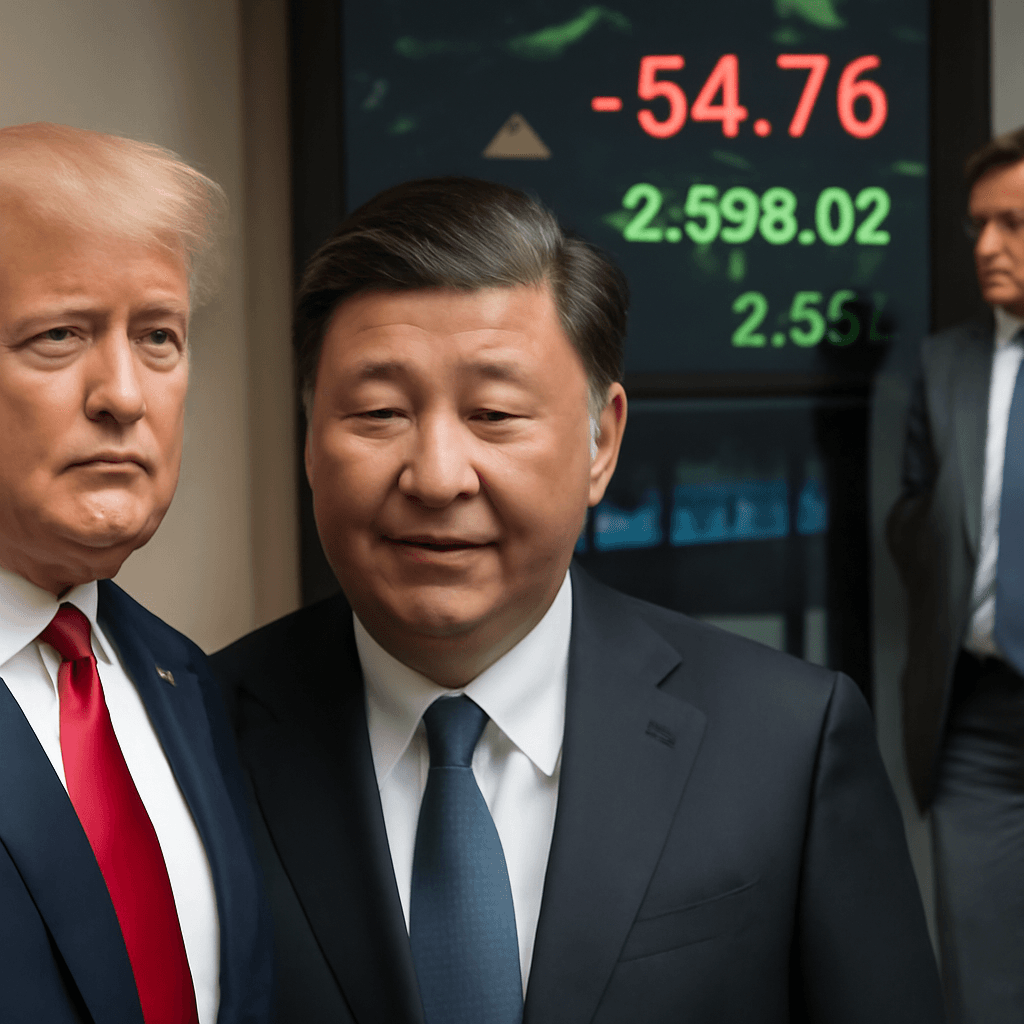Toyota Industries Shares Plunge Following $33 Billion Buyout Announcement
Shares of Toyota Industries experienced a sharp decline, dropping as much as 13% after the Toyota Group unveiled a plan to take the company private in a deal valued at approximately 4.7 trillion yen ($33 billion). The announcement marked the steepest share price fall in 10 months.
Details of the Buyout Offer
The buyout includes a tender offer of about $26 billion, with Toyota Group proposing to acquire Toyota Industries shares at 16,300 yen apiece. This offer represents a significant discount to the previous closing price of 18,400 yen per share recorded just before the deal was disclosed.
The acquisition strategy involves multiple parties within the Toyota Group:
- Toyota’s real estate division, Toyota Fudosan, plans to invest approximately 180 billion yen.
- Toyota Motor Chairman Akio Toyoda is set to contribute 1 billion yen.
- Toyota Motor Corporation will invest roughly 700 billion yen in non-voting preferred shares.
Financial support for the deal also includes participation from prominent Japanese banks such as Sumitomo Mitsui Banking Corporation, MUFG Bank, and Mizuho Bank.
Investor and Analyst Perspectives
The offer price has been described as unattractive by some analysts. Specifically, the proposed price falls below the midpoint valuation range provided by independent financial advisers commissioned to assess Toyota Industries' worth.
Efforts by Toyota Industries’ special committee to negotiate an improved offer price were reportedly unsuccessful, as the committee requested enhancements three separate times without success.
Background and Strategic Significance
Toyota Industries, the original founder of Toyota Motor Corporation in 1937, manufactures a diverse portfolio of products including forklifts, engines, electronic components, and stamping dies.
This acquisition move appears to be part of a broader initiative by Toyota Group to streamline ownership and potentially unwind longstanding cross-shareholdings — a strategy previously employed to shield Toyota Industries from acquisition threats, dating back to 2005.
In April, Toyota had announced exploration into investments in Toyota Industries, considering partial stake options as part of broader corporate structuring plans.
Market and Long-Term Outlook
From a strategic perspective, some experts view the buyout positively. The unwinding of cross-shareholdings within the Toyota Group is expected to continue, potentially resulting in increased capital returns and growth investment opportunities over the mid- to long-term.
Kei Okamura, a portfolio manager specializing in Japanese equities, noted that if the sale proceeds are directed toward growth investments, it will bode well for shareholders and the group’s capital efficiency going forward.



















